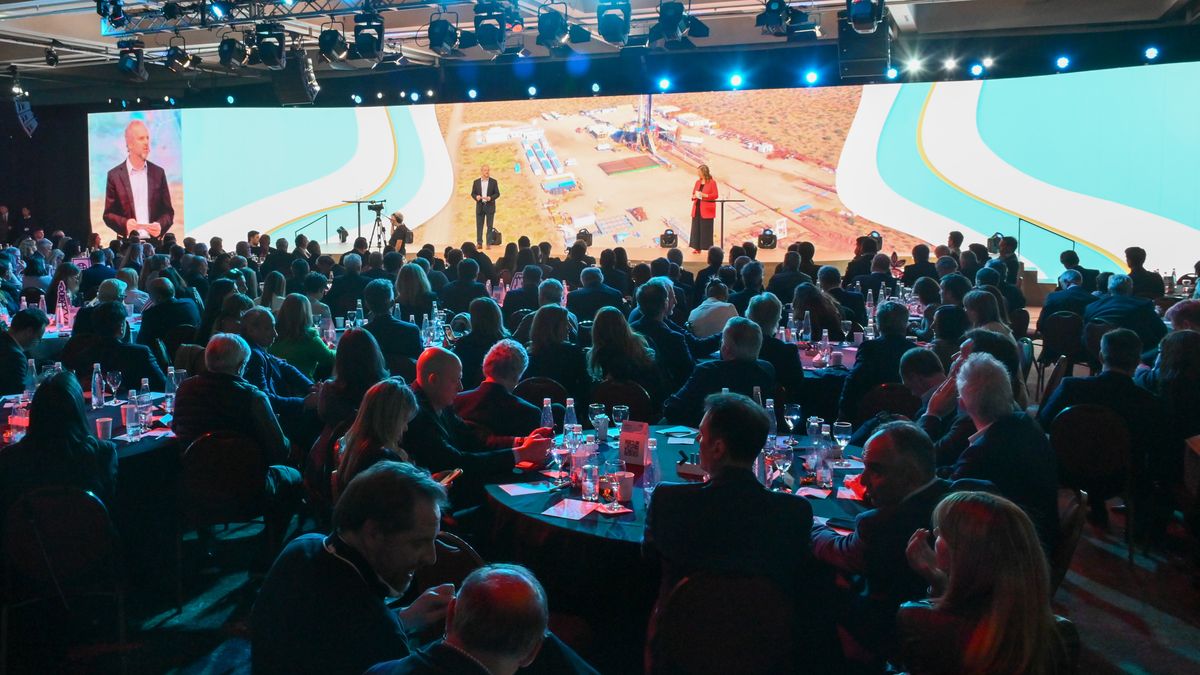“Macro stabilization and fiscal balance”, the president of the number edition 59th IDEA Colloquium, Santiago Mignone, He made it clear what, from his perspective, are the priorities that must be addressed by whoever sits in Rivadavia’s chair starting next December 10. He did so this Friday afternoon minutes before the closing of the event that took place at the Sheraton hotel in Mar del Plata, in a press conference that he shared with the main representatives of the Institute.
After three days with record attendance, more than a thousand representatives of large firms registered and 158 sponsors, the annual business event ended, which focused the attention of businessmen and women and the media between Wednesday and Friday. Within this framework, panels linked to the economy, finance, the labor market and social policy, among others, were developed.
At the end of the event, the main leaders of the organization held a press conference as a conclusion. In this framework, Santiago Mignone, president of this edition of the Colloquium said that “the main challenge of the next government is macroeconomic stabilization and that requires fiscal balance because it is the only way to lower inflation.”
Along these lines, he reviewed the presentation made on Wednesday by the president of the Central Bank of Peru Julio Velarde Flores: “He said very clearly what the path is and that if one follows that path, the result will come.” In that sense, he stressed that “the most urgent thing has to do with that. stop emitting to finance public spending.” Something that was repeated almost unanimously among those attending.
On this same point he also expressed Javier Goñi, director of IDEA and general manager of Ledesma: “We have to stop discussing some things like spending more than we have, it is something that no one in the world discusses anymore, issuance generates inflation. We have to work on how to solve this problem,” he said.
In this case, the businessmen chose not to remain in catharsis, that is why IDEA presented 20 proposals to promote development. This is a paper on which 67 CEOs worked over the last twelve months and which includes initiatives for sensitive topics such as public spending, fiscal policy, labor issues, the conversion of social plans into employment, among others.
The president of IDEA, Paula Altavilla, said that “we looked for things with impact but that also have an important consensus.” In that sense, the organizers stressed at all times that these are “realistic” proposals, from the point of view that each of them is achievable in the short term.
Asked about the electoral scenario, she ruled out party preferences: “We are going to support whoever wins the elections,” she said. Clear, The salient note of this Colloquium was the absence of Massa and the rudeness of Javier Milei who tried with a counter-summit to empty the conference of Patricia Bullrich, the only presidential candidate who attended. “We will always be left wanting to listen to those we invited and who do not come,” the organizers acknowledged.
Source: Ambito




